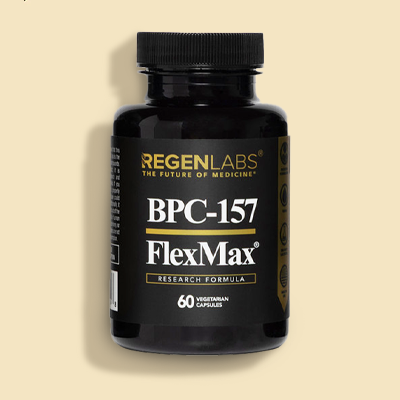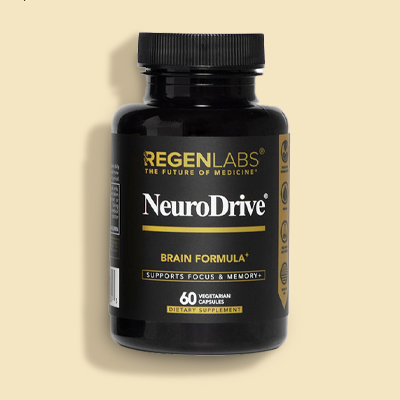Emerging research reveals a compelling link between gut health and joint function. The gut microbiome, comprising trillions of microorganisms, plays a pivotal role in regulating systemic inflammation— a key factor in joint pain and mobility issues. Understanding this connection is crucial for proactive joint health management.
Understanding the Gut-Joint Axis
The concept of the gut-joint axis refers to the bidirectional relationship between gut microbiota and joint health. Disruptions in the gut microbiome, known as dysbiosis, can lead to increased intestinal permeability. This "leaky gut" condition allows bacterial endotoxins such as lipopolysaccharides (LPS) to pass into the bloodstream, triggering immune responses that may contribute to joint inflammation and pain.
Notably, certain strains of bacteria like Prevotella copri have been linked to increased risk of rheumatoid arthritis onset, indicating that microbial imbalance may not only affect symptoms but also play a role in disease development.
Impact of Gut Health on Joint Inflammation
When the microbiome is out of balance, the immune system can become hyperactive. This often results in a systemic increase in pro-inflammatory cytokines, which circulate throughout the body and can attack joint tissues, particularly in individuals genetically predisposed to autoimmune issues.
On the flip side, healthy gut bacteria produce short-chain fatty acids, such as butyrate, which are known to reduce inflammation and regulate the immune response. When these beneficial metabolites are depleted, the gut loses its ability to mediate inflammation effectively.
Why Gut Health Declines—and What That Means for Your Joints
Factors like poor diet, chronic stress, antibiotic overuse, and lack of sleep can all contribute to gut microbiota imbalance. These lifestyle factors can reduce bacterial diversity, which has been shown to impair the gut’s ability to modulate inflammation. In one study, researchers found that individuals with osteoarthritis had distinctly different microbiomes compared to healthy controls, with higher levels of inflammation-driving microbes.
This growing body of evidence suggests that treating joint pain purely at the symptom level—without addressing underlying microbiome dysfunction—may leave the root cause unresolved.
Strategies to Support Gut and Joint Health
Maintaining a diverse and well-balanced gut microbiome is foundational to joint longevity. Consider these research-backed strategies:
-
Anti-inflammatory nutrition: Incorporate prebiotic fibers, omega-3-rich fish, leafy greens, and fermented foods to support microbial diversity.
-
Targeted probiotics: Studies indicate that supplementing with specific probiotic strains can reduce joint inflammation and improve mobility in arthritis patients.
-
Low-impact movement: Regular exercise enhances gut flora composition and improves joint lubrication and stability.
-
Stress reduction techniques: Chronic psychological stress has been shown to disrupt the microbiota-gut-brain axis, increasing vulnerability to both gut and joint inflammation.
A Dual-Focus Approach: Gut-Supportive Joint Care with BPC-157
For those experiencing both joint discomfort and digestive issues, it may be beneficial to support both systems in parallel. FlexMax™ by Regen Labs is a unique joint care supplement formulated with BPC-157, a peptide that promotes connective tissue repair and supports gastrointestinal integrity. By addressing inflammation at its source, BPC-157 FlexMax offers a proactive solution that supports healthy mobility while protecting the gut lining— making it a smart choice for those with systemic inflammatory symptoms.
The Role of Personalized Gut Testing
An exciting new frontier in gut-joint health is microbiome testing. Personalized microbiome analyses can help identify specific bacterial imbalances and guide tailored interventions. For individuals with chronic joint issues, microbiome testing may reveal hidden contributors to inflammation and offer an alternative to long-term reliance on pharmaceuticals.
Final Thoughts
The connection between gut health and joint pain is no longer theoretical— it’s supported by a growing body of clinical and mechanistic evidence. By nurturing your microbiome, you're not only optimizing digestion and immunity but also safeguarding your mobility and comfort.
If you're already addressing your joints through diet and exercise, consider supporting your gut alongside it. Products like BPC-157 FlexMax™ can help bridge the gap between symptom relief and systemic wellness, making joint care smarter, earlier, and more effective.











